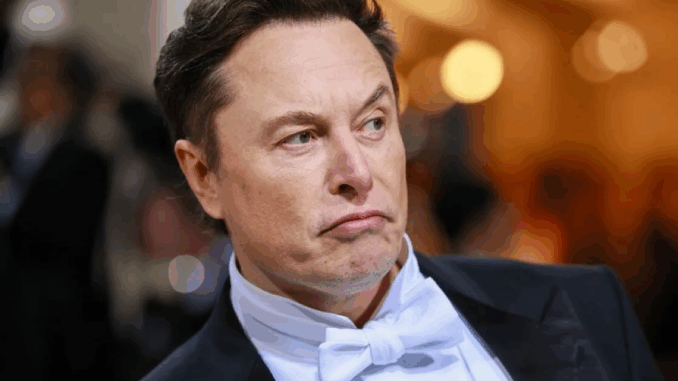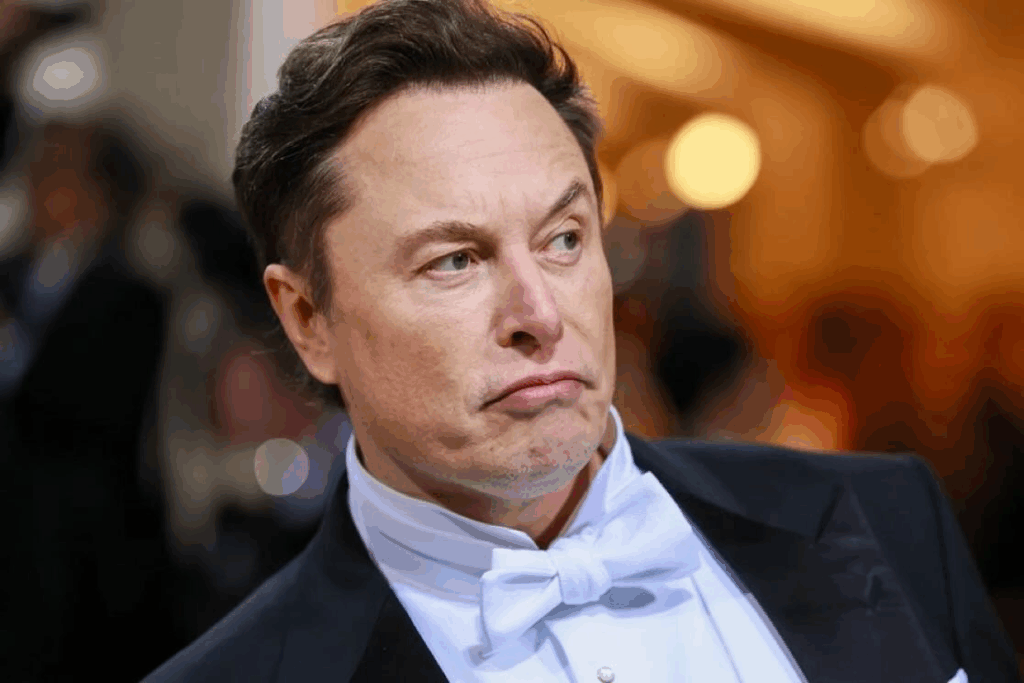

“When Did Free Speech Become Right-Wing? That Was the Weirdest Switcheroo Ever.” – Elon Musk
Elon Musk has once again sparked conversation with a provocative statement on social media, questioning the shift in public discourse regarding free speech and its association with political ideologies.
In a tweet that quickly gained traction, Musk, the billionaire CEO of Tesla and SpaceX, asked: “When did free speech become right-wing? That was the weirdest switcheroo ever.”
His comment, which seems to challenge the growing perception that free speech advocacy is increasingly linked to right-wing politics, has ignited a debate across social media platforms. Musk, known for his outspoken views and controversial opinions, appeared to express surprise at the way the concept of free speech has become polarized in today’s political climate.
The remark comes amid rising tensions in the U.S. over issues such as cancel culture, social media censorship, and political correctness, all of which have led to debates about the limits and responsibilities of free speech. Historically, freedom of expression was considered a cornerstone of liberal values, but in recent years, some critics have argued that calls for greater regulation of speech — particularly online — have been embraced by the left.
Musk, who has been vocal about his belief in unrestricted free speech, especially on platforms like Twitter (which he acquired in 2022), has positioned himself as a defender of free expression. His comments suggest a growing frustration with how political factions have claimed ownership of the concept, with right-wing figures in the U.S. often accusing left-wing groups of stifling debate through censorship and “woke” policies.
The shift Musk refers to may be a reaction to the increasingly polarized nature of political debates, where calls for regulation of harmful or hateful speech have been met with fierce opposition. As debates over free speech continue to rage, especially in the digital age, Musk’s question brings attention to the complexities surrounding political identity and freedom of expression.
While some on the right celebrated Musk’s comment as a reflection of their concerns about speech restrictions, others have criticized him for oversimplifying the nuanced discussions around this issue.
As the conversation continues, it seems clear that Musk’s comment is part of a broader cultural reckoning on the role of free speech in modern society — one that cuts across political lines and sparks intense debate about where to draw the line between freedom and responsibility.